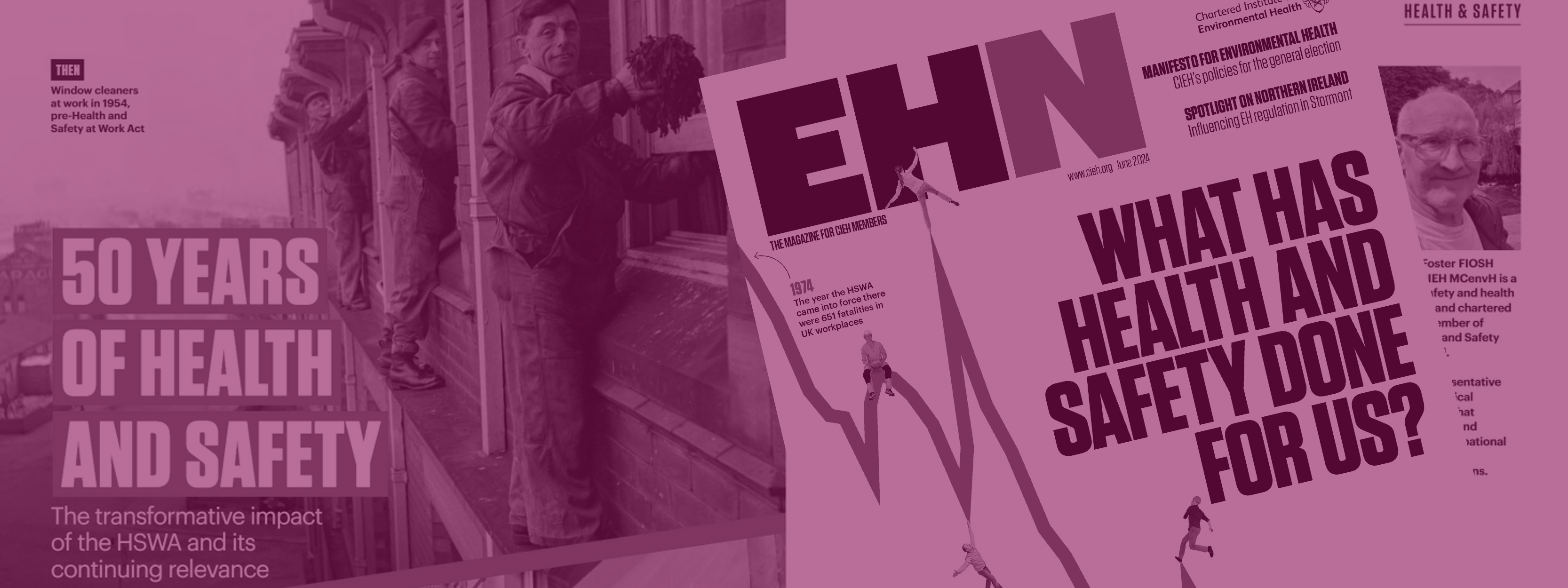EHN special editions
We're celebrating the 50th anniversary of the Health and Safety at Work Act and the Control of Pollution Act with two special editions of EHN available to all.
Licensing provides a means for local authorities to inspect privately rented housing using enforceable conditions - and to identify and resolve problems - without the need for tenants to have complained. It also provides locally tailored regulation of the sector. It makes major contributions to area-based issues, such as crime, anti-social behaviour and waste management, and brings together a range of bodies to focus additional support services for landlords and tenants, improving public health and reducing burdens on the NHS.
Licensing means the market pays for its own regulation, rather than relying on the taxpayer. It provides a sustainable and predictable source of income that enables local authorities to maintain staffing levels and support the training of new officers.
In November 2022 we wrote a letter to The Rt Hon Michael Gove MP, Secretary of State for Levelling Up, Housing and Communities. We argued that selective licensing schemes had a crucial role in delivering the Government's levelling up agenda, especially in delivering the commitment to halving the number of non-decent homes across all tenures by 2030. The letter reflected recommendations in the report A licence to rent that was produced by the Chartered Institute of Housing and CIEH.
In November 2023 we published written evidence submitted to the Renters (Reform) Bill Committee. We expressed concerns about suggestions that the proposed Property Portal removed the need for selective licensing schemes. We suggested that the portal should be a tool to support the use of licensing schemes by local authorities. We also recommended amendments to the Bill that would have enabled local authorities operating selective licensing schemes to use licence conditions to improve housing conditions and increased the maximum duration of discretionary licensing schemes from five to ten years.
In April 2024 we sent a parliamentary briefing to MPs for the report stage of the Renters (Reform) Bill in the House of Commons. We urged them to reject an amendment tabled by government backbenchers that would have removed the ability of local housing authorities to designate areas as subject to selective licensing. The Government confirmed in the debate that it did not want to see selective licensing abolished.
In July 2024 we wrote a letter to The Rt Hon Angela Rayner MP, Deputy Prime Minister and Secretary of State for Housing, Communities and Local Government. We urged the Government to use the legislation on the private rented sector that was expected to be announced in the King's Speech as an opportunity to make it easier for local authorities to use licensing schemes to improve housing standards.
We are calling for the Government to make it easier for local authorities to use licensing schemes to improve housing standards by

EHN special editions
We're celebrating the 50th anniversary of the Health and Safety at Work Act and the Control of Pollution Act with two special editions of EHN available to all.